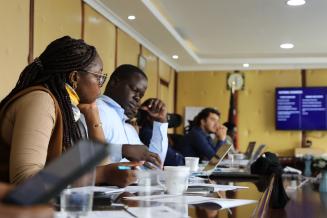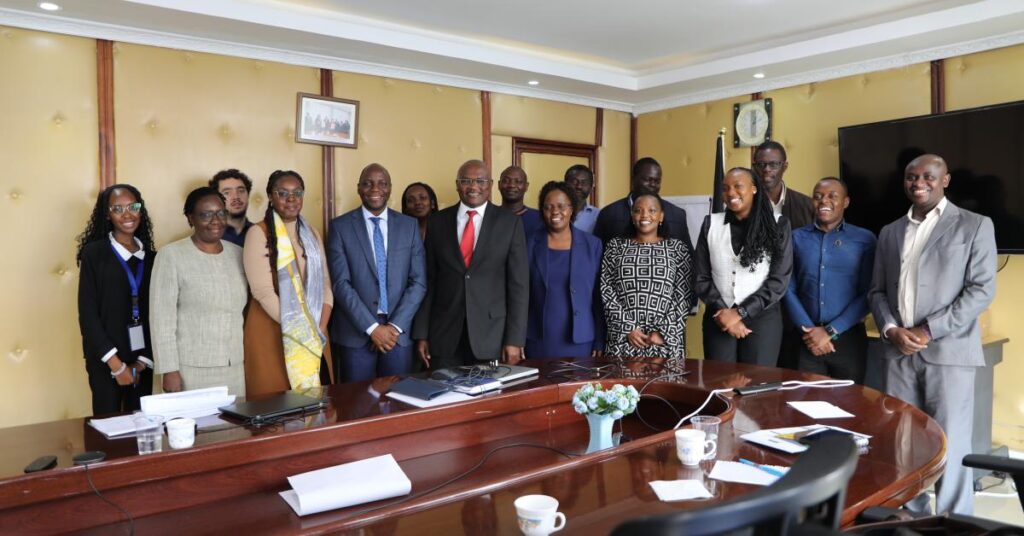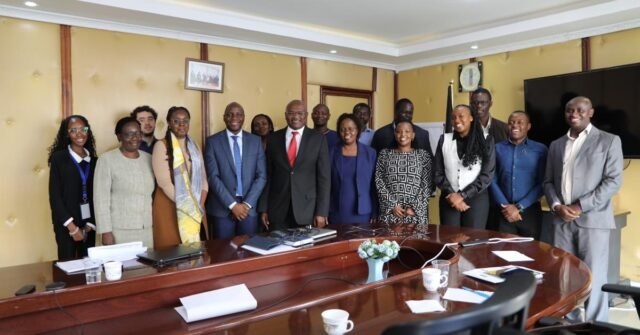Kenya has just earned a respectable position in the global artificial intelligence (AI) readiness landscape—ranked 8th in Africa and 93rd globally, according to the 2024 Oxford Insights Government AI Readiness Index. This metric examines a country’s preparedness to adopt and harness AI across three key dimensions: government strategy, tech-sector strength, and data & infrastructure availability.
Despite trailing behind continental leaders like South Africa, Nigeria, and Egypt, Kenya’s placement shows promising progress. The country continues to be recognised as one of Africa’s notable digital hubs, creating AI-powered innovations to tackle challenges in healthcare, agriculture, education, and governance.
Table of Contents

What the Ranking Means for the Country and the Continent
The report underscores how Sub-Saharan Africa as a region is demonstrating remarkable strides in AI. The continent is expected to unlock up to US $136 billion in economic value by 2030, should AI be more broadly adopted across sectors.
Yet, the broader context remains sobering: Africa constitutes just 2.5% of the global AI market, valued at US $16.5 trillion in 2024. Kenya, along with its peers, must therefore escalate its efforts in policy-making, infrastructure, and regulatory frameworks to secure a larger slice of this expanding global pie.
Building Blocks: Strategy, Talent, and Infrastructure
Kenya’s placement in the readiness index is founded on a mix of strengths and gaps. On the plus side, the nation is forging ahead with national AI strategy formulation, a growing technology sector, and increasing availability of digital infrastructure.
Regarding AI talent specifically, additional data underscores Kenya’s relative strength. In the AI Talent Readiness Index for Africa 2025, Kenya is ranked 4th across the continent with a score of 49.7, following South Africa, Tunisia, and Egypt. Another metric, the Government Readiness ranking from talentindex.ai, places Kenya in 8th position among African countries.
Challenges, however, remain—notably in enhancing tech skills, expanding broadband and compute capacity, and improving data governance to support responsible AI adoption. Comparatively, earlier studies, such as Oxford Insights’ 2022 edition, showed Kenya ranked 5th in Africa and 90th globally, with particular weaknesses in tech-sector skill levels.

The Road Ahead: Opportunities and Next Steps
Kenya has laid robust foundations—from drafting national AI frameworks to fostering educational and infrastructural capacity. Yet, moving upward from the mid-tier requires deliberate, targeted action. Scaling broadband access, bolstering compute infrastructure, and investing in AI ethics and regulation are critical.
Projects like Konza Technopolis—Kenya’s flagship smart city and tech hub, poised under Vision 2030—signal intent to cement the country’s tech ecosystem. Further, platforms like the Deep Learning Indaba help build local AI expertise and collaboration across the continent.
Moreover, the private sector’s active support—ranging from start-up accelerators to international partnerships—may help turn Kenya’s AI readiness into tangible economic and social outcomes. If rightly harnessed, AI could become a potent tool for inclusive growth.

Conclusion
Kenya’s 2024 ranking as 8th in Africa and 93rd globally in AI readiness marks both an achievement and a launching point. With solid momentum, regional recognition, and growing infrastructure, the nation stands to climb higher in the years ahead—if it continues to invest in strategy, skills, and inclusive innovation.
Join Our Social Media Channels:
WhatsApp: NaijaEyes
Facebook: NaijaEyes
Twitter: NaijaEyes
Instagram: NaijaEyes
TikTok: NaijaEyes







































